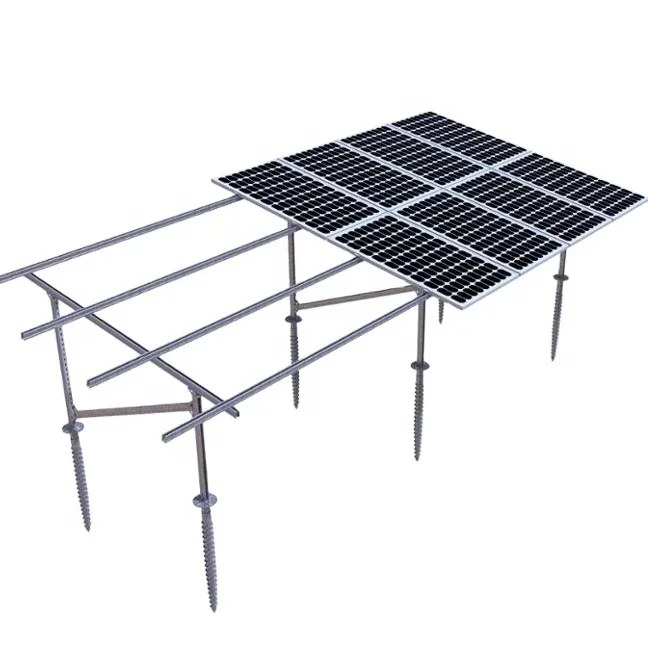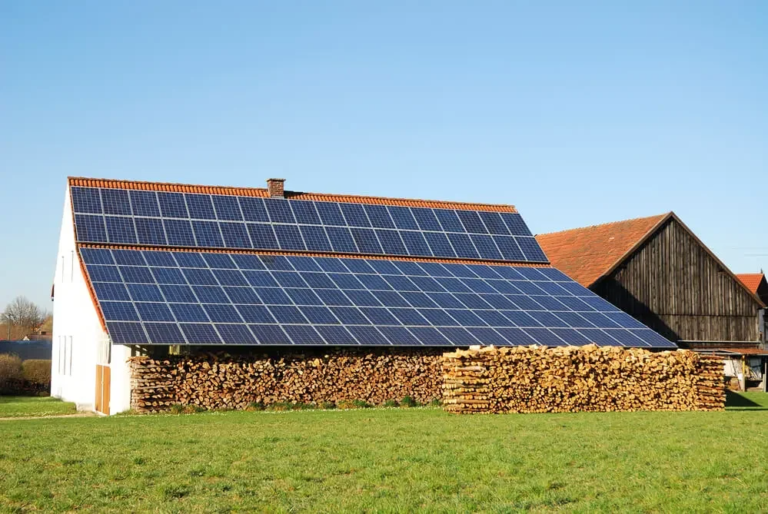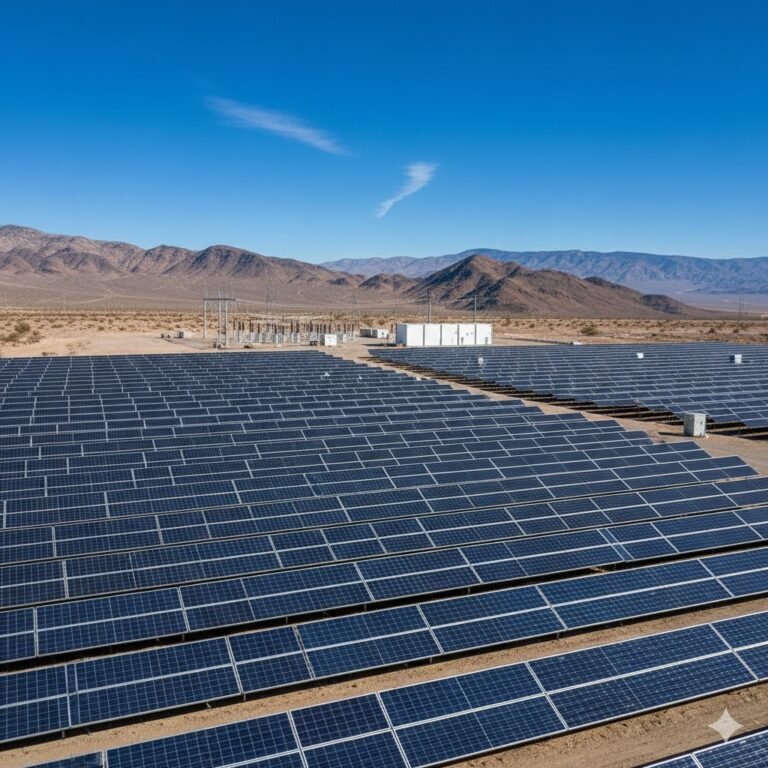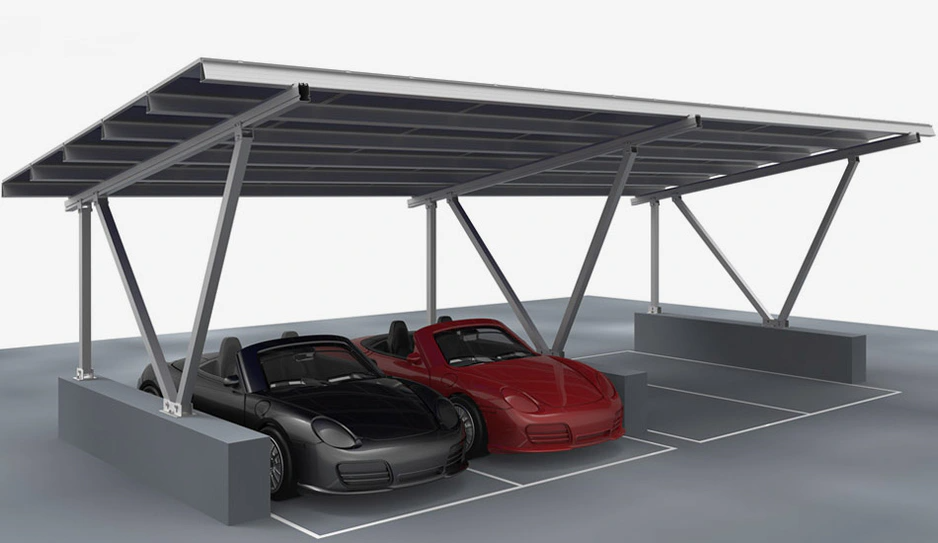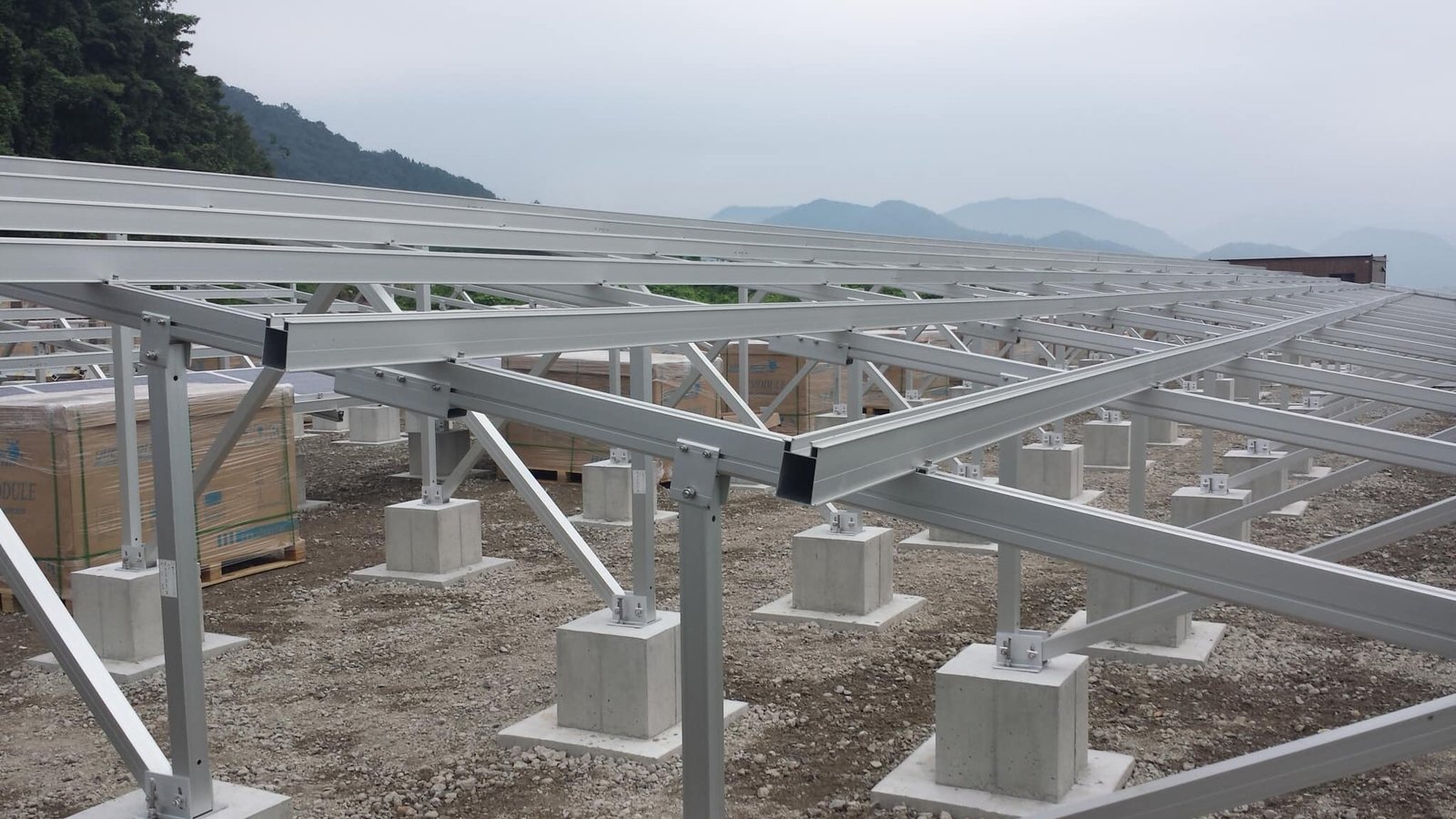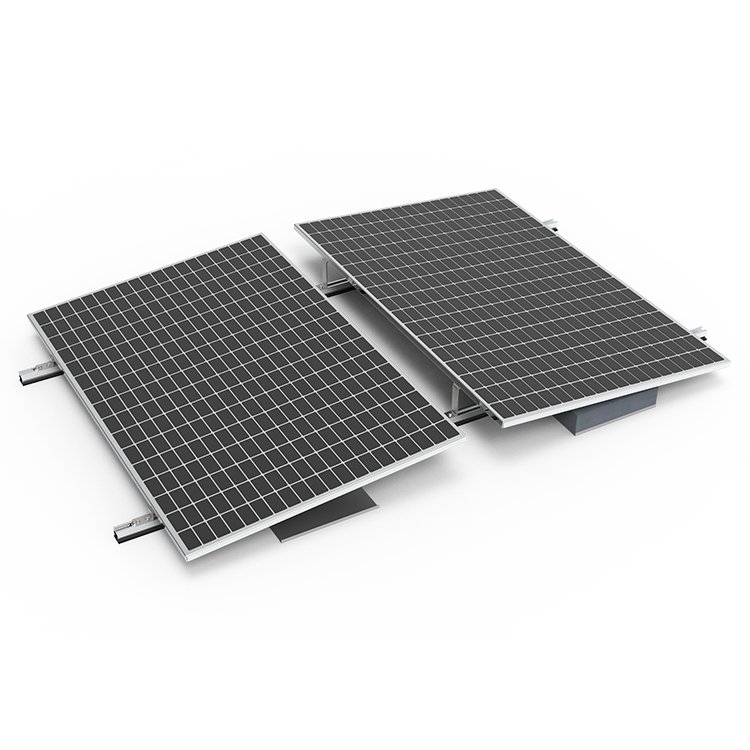-
2103 Room NO.322 Xinggang One Road, Haicang District, Xiamen Fujian, China

Common Failures and Malfunctions in Solar Power Systems: How to Identify and Solve Them
Solar power systems are long-term investments, and although once touted as “maintenance-free,” they require regular upkeep to ensure safety and optimal performance. Neglecting this can lead to major incidents or system breakdowns.
In this article, we’ll walk through:
- What types of failures can occur in solar systems?
- What causes them?
- How should you respond?
This guide focuses on two critical components: the mounting system and the power conditioner (inverter).
Table of Contents
⚠️ Mounting System Failures
The solar mounting system is the structural base that supports solar panels. If issues occur here, they often lead to dangerous outcomes such as panel detachment or system collapse.
Common Problems
- Loose or missing bolts
- Detached mounting brackets
- Rust and corrosion
Causes
These are typically due to human error during installation—such as improper tightening or oversight of crucial joints. In extreme weather, even a slightly loose bolt can result in a dislodged panel.
Solutions
- Choose a professional installer with solar-specific expertise.
- Use reliable mounting hardware designed for durability.
For secure and long-lasting installation, consider these high-quality options:
- 🔗 Sistem de montare solară la sol
- 🔗 Tile Roof Mounting System
- 🔗 C – Steel Ground Mount – Screw Pile Foundation
Example: Japan’s Experience
In Japan, where typhoons frequently test infrastructure, the use of screw pile foundations and corrosion-resistant aluminum structures has proven vital in maintaining structural integrity during storms.
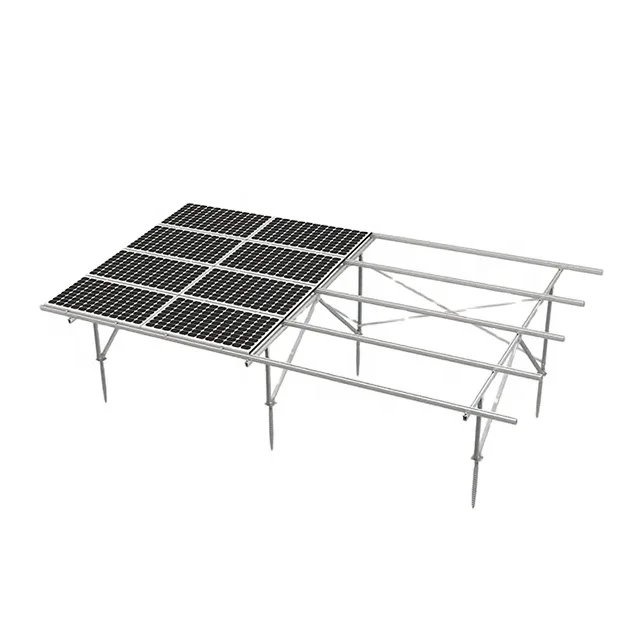
🔌 Power Conditioner (Inverter) Failures
The power conditioner, or inverter, is another point of vulnerability. This unit converts DC electricity to AC for household or grid use.
Common Problems
- Filter clogs
- Lightning damage
- Heat-related shutdowns
- Aging and wear
Causes
A clogged internal filter may cause the unit to overheat. Lightning strikes can also disable remote monitoring systems, which delays response to issues.
Solutions
- Schedule regular maintenance with your inverter supplier.
- Clean or replace filters per manufacturer guidelines.
- Ensure surge protection is in place.
A high-quality installation often includes:
- Monitoring systems to track real-time performance
- A scheduled maintenance plan through the equipment supplier
🛠 Summary: Prevent Issues with Careful Setup and Ongoing Maintenance
| Component | Common Failures | Prevention Tips |
|---|---|---|
| Mounting System | Loose bolts, rust, detachment | Use high-quality materials, professional installers |
| Power Conditioner | Filter clogs, lightning damage, aging | Schedule regular maintenance, use surge protection |
Solar power systems are not entirely “maintenance-free.” Whether you’re managing a commercial facility or a rooftop residential system, addressing these two areas is essential for a safe, long-lasting installation.
Recommended Components for Reliability
📸 Related Images
If you’re looking for a reliable solar mounting supplier for long-term system stability, consider Firstsolar—trusted across projects worldwide.

